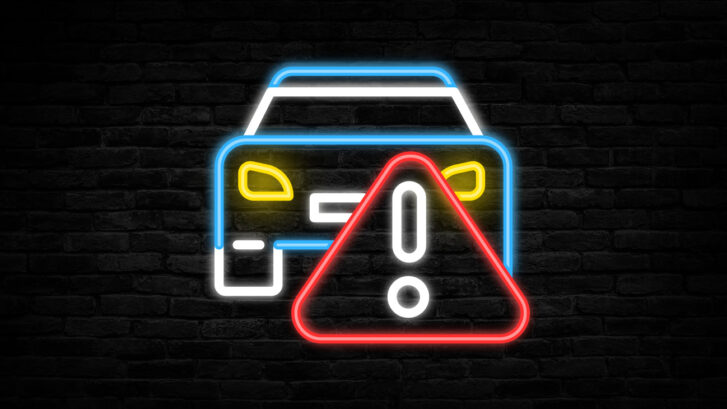Unfortunately, most of us have been on the receiving end of the dreaded Vehicle Warranty Scam. According to fcc.gov, “if you own a vehicle and a phone, you may receive calls from scammers posing as representatives of a car dealer, manufacturer or insurer telling you that your auto warranty or insurance is about to expire. The call will include some sort of pitch for renewing your warranty or policy.” In doing so, the scammers intend to extract personal information from you, which can lead to fraud. Unfortunately, these types of scams violate the telemarketing sales rules and the prerecorded audio of these calls does not self-identify. With that said, how do you know which calls to trust? How can you seek out maximum protection from you and your phone?
In this article, we cover:
- The details of the Vehicle Warranty Scam
- Who is impacted by the Vehicle Warranty Scam
- How to protect yourself from the Vehicle Warranty Scam
The details of the Vehicle Warranty Scam
The Vehicle Warranty Scam call sounds all too familiar. FCC.gov notes that “during the call – which often begins automated or pre-recorded – you may be instructed to press a certain number or stay on the line, then asked to provide personal information, which potentially can be used to defraud you.” This is why staying vigilant is of utmost importance as they are intentionally trying to deceive you. FCC.gov further explains that “what makes it particularly hard to discern if this type of call is fraudulent is that the scammer may have specific information about your particular car and warranty that they use to deceive you into thinking they are a legitimate caller.”
Who is impacted by the Vehicle Warranty Scam
Just about anyone who owns a car is at risk of being impacted by the Vehicle Warranty Scam. Scammers are becoming increasingly more strategic and creative in their approaches. According to autolist.com, “others [scammers] involve real people who may know a lot about your vehicle and warranty. They may know your name, the make and model of your vehicle, your vehicle’s mileage, and the terms of your insurance or warranty agreements. Most of this information can be purchased online from data collection companies.”
How to protect yourself from the Vehicle Warranty Scam
There are many steps you can take to protect yourself from the Vehicle Warranty Scam. FCC.gov offers the following guidance:
First, do not provide any personal information, such as a social security number, credit card information, driver’s license number or bank account information to any caller unless you can verify you are dealing directly with a legitimate company with which you have an established business relationship. Telephone scammers are good at what they do and may imply that they work for a company you trust. Don’t fall for it. Be extremely cautious.
If you have caller ID you can screen incoming calls. Legitimate telemarketers are required to transmit or display their phone number and the name and/or the phone number of the company they’re representing. The display must include a phone number that you can call during regular business hours to ask that the company no longer call you.
YouMail also offers protection from these types of scams. From our free services to paid plans, YouMail protects consumers, enterprises, and carriers from harmful phone calls by answering billions of live calls. YouMail powers America’s most robust telephone sensor network in identifying and providing zero-hour protection against illegal calling campaigns and cyberattacks.
YouMail not only stops fraud and phishing calls from bothering you, but it also stops robocalls from bothering anyone. When YouMail sees an illegal call, it can notify carriers, enterprises, and the authorities, so they can locate, take down, and punish the callers.
If you’re ready to protect yourself from the Vehicle Warranty Scam, sign up for YouMail today.





